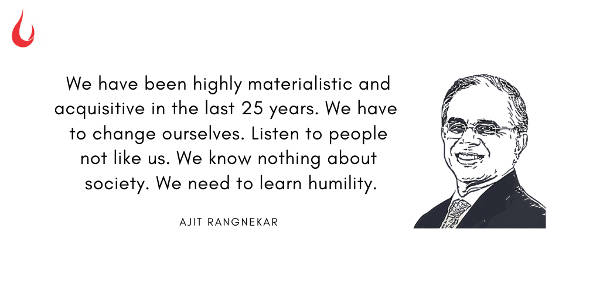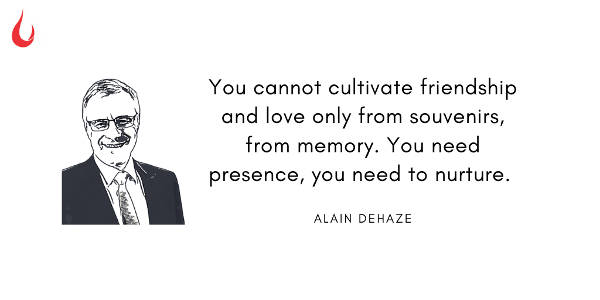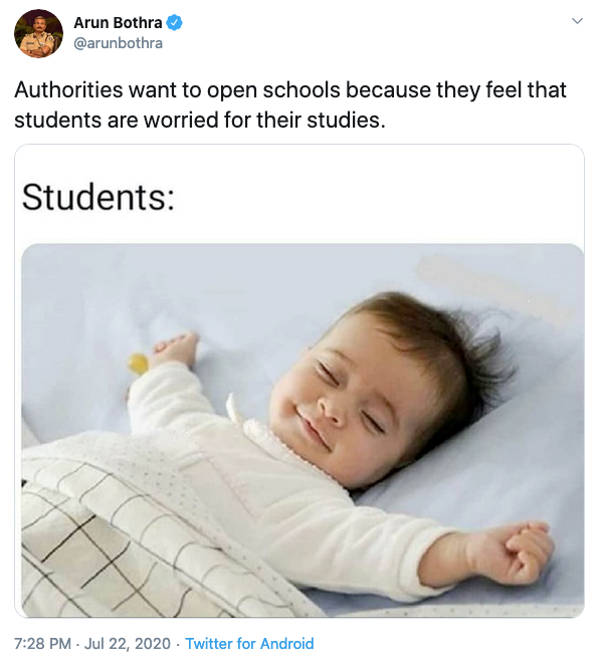[Photo by Kate Trifo on Unsplash]
Good morning,
In Mindset: Changing The Way You think To Fulfil Your Potential, Carol Dweck shares an interesting story of a transformation to make an important point.
Dweck writes: “Garfield High School was one of the worst schools in Los Angeles. To say that the students were turned off and the teachers burned out is an understatement. But without thinking twice, Jaime Escalante (of Stand and Deliver fame) taught these inner-city Hispanic students college-level calculus. With his growth mindset, he asked, ‘How can I teach them?’ not ‘Can I teach them?’ and ‘How will they learn best?’ not ‘Can they learn?’
“But not only did he teach them calculus, he (and his colleague, Benjamin Jimenez) took them to the top of the national charts in math. In 1987, only three other public schools in the country had more students taking the Advanced Placement Calculus test. Those three included Stuyvesant High School and the Bronx High School of Science, both elite math-and-science-oriented schools in New York.
“What’s more, most of the Garfield students earned test grades that were high enough to gain them college credits. In the whole country that year, only a few hundred Mexican American students passed the test at this level. This means there’s a lot of intelligence out there being wasted by underestimating students’ potential to develop.”
The lesson that Dweck would like us to draw from the story is this: “With the right mindset and the right teaching, people are capable of a lot more than we think.”
In this issue
- How the Indian MBA is changing
- Why you should practise physical, not social, distancing
- Why it’s important to understand your customers.
Have a great day!
How the Indian MBA is changing
Towards the end of last month, we had a series of conversations with some of the best minds on business and education, leading up to a Masterclass on The Future of MBA. The Masterclass featured Srikant Datar (Senior Associate Dean, Harvard Business School), Ajit Rangnekar (Former Dean, ISB, and Partner, SVP India), Nitin Paranjpe (Global COO, Unilever) and Pramath Sinha (Founder, Harappa Education, Ashoka University, Vedica Scholars). The session was anchored by Meeta Sengupta (Founder, Centre for Education Strategy.)

One of the questions that came up was around how westernised Indian MBA is. Here is Ajit Rangnekar’s answer: “Global companies wanted people who understood their way of working, and also understood India realities. Indian companies were going abroad too. We needed a global programme which also integrated India. But we focused too much on that. We need to readjust now. And it is happening already. Since 2006 or thereabouts, the focus has shifted back to India. The methodology is global, but how you apply is far more local with more Indian case studies.”
Watch the full Masterclass, and also the two breakout sessions leading up to it.
Practise physical, not social, distancing
In an interview with WSJ, Alain Dehaze, CEO of Adecco, makes a strong case for social proximity.

Alain Dehaze says: "I don’t like this term social distance. I prefer physical distance, because that’s what we need. The question is physical distance versus social proximity. By being with colleagues, you align, you share a lot of things. You cultivate your values, you cultivate your purpose. If you are permanently alone, I don’t know how you can cultivate this.
“It’s like friendship and love. You cannot cultivate friendship and love only from souvenirs, from memory. You need presence, you need to nurture. And with culture, it’s also about nurturing through experience. This social proximity will remain important.”
Dig deeper
Why it’s important to understand your customers...
..but not necessarily follow them.
(“If I had asked people what they wanted, they would have said faster horses.”
~ Henry Ford)

(Via Twitter)
How soon do you think schools should reopen? Tell us why on email, or share it on Twitter, tagging @foundingf. Or head to our Slack channel.
And if you missed previous editions of this newsletter, they’re all archived here.
Bookmark Founding Fuel’s special section on Thriving in Volatile Times. All our stories on how individuals and businesses are responding to the pandemic until now are posted there.
Warm regards,
Team Founding Fuel


